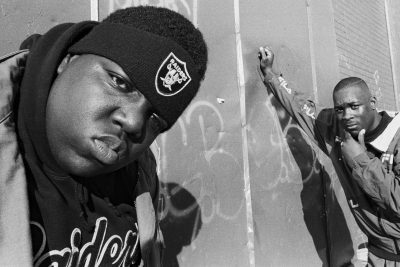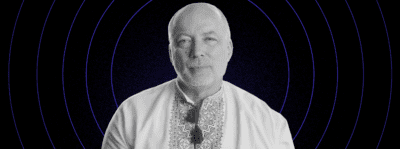Michael Pitt: on Found Art and the Price of Coffee in Brooklyn


You’re also in a band, Pagoda. Do you play a lot in the borough?
Yeah. I recorded my new record in Brooklyn in a great vintage studio called Excello Studios. It’s in Williamsburg and a good friend of mine runs it, Hugh Pool. He’s run it for about 17 years. It’s all vintage gear. It’s in a converted garage, and he and the people in that place are certainly part of the first wave of people from back when Williamsburg was a really dangerous place to live; when you were able to rent a large garage for cheap.
That’s the thing about Williamsburg that’s great. It’s a collection of artists from all over America who have gone to that one area. So if you want to get pretty much anything done in terms of art or galleries or music, you can get it done in Williamsburg. If you can’t get it done there, then you’re screwed, you know?
Right, you have that density of people all sort of doing their thing.
Yeah. It’s very college campus.
So where do you like to go to see shows?
Northsix… Music Hall of Williamsburg is a great venue. I’ve seen a lot of good shows there. I like playing at this little place called Goodbye Blue Monday. It’s a café up on Broadway in Bushwick. It’s owned by a guy who collects vinyl. It’s kind of in the middle of nowhere.
How about restaurants and bars? Where do you go if you’re just hanging out in Brooklyn?
There’s a place that I really dig right now on Graham Avenue called Caribou. It’s a bar, you can get food there, you can get a good steak, there’s a fireplace in the back. They have absinthe. That’s always fun. I think that there are some places upstate now that make it.
Yeah, that seems to have become a thing recently, people making their own small-batch liquors. I suppose it fits in with the sort of DIY, locavore ethic you see a lot of these days.
Yeah, even in my neighborhood there’s a farmer’s market, where you might think that would only happen in Fort Greene or the Heights. There are a lot of restaurants in Williamsburg in particular where, you know, they don’t import cheese from France, instead they have places upstate now that supply them. Butchers, too, where you know the name of the steak you’re eating; you know where it came from; what it ate.
You might also like 



















